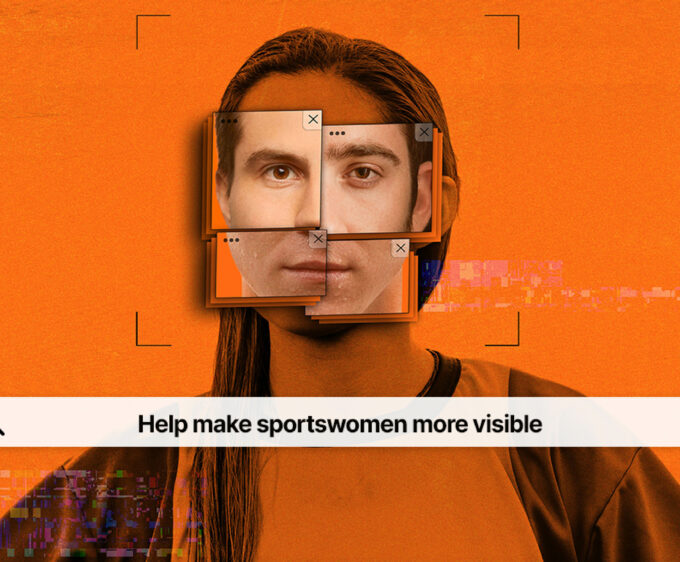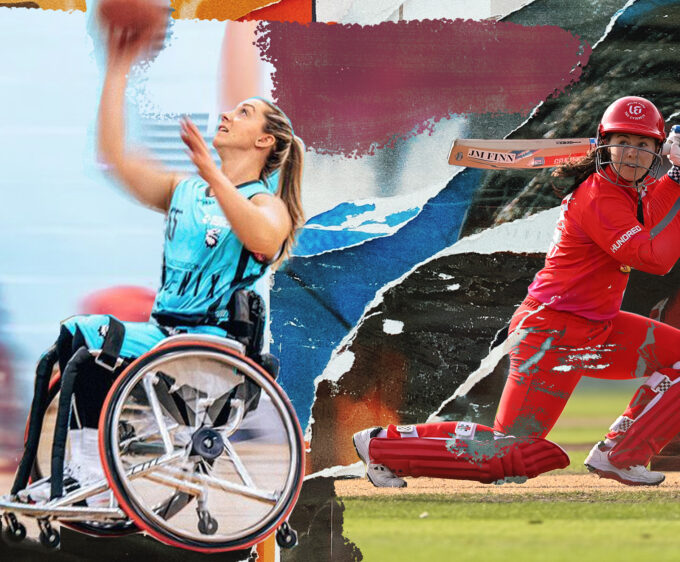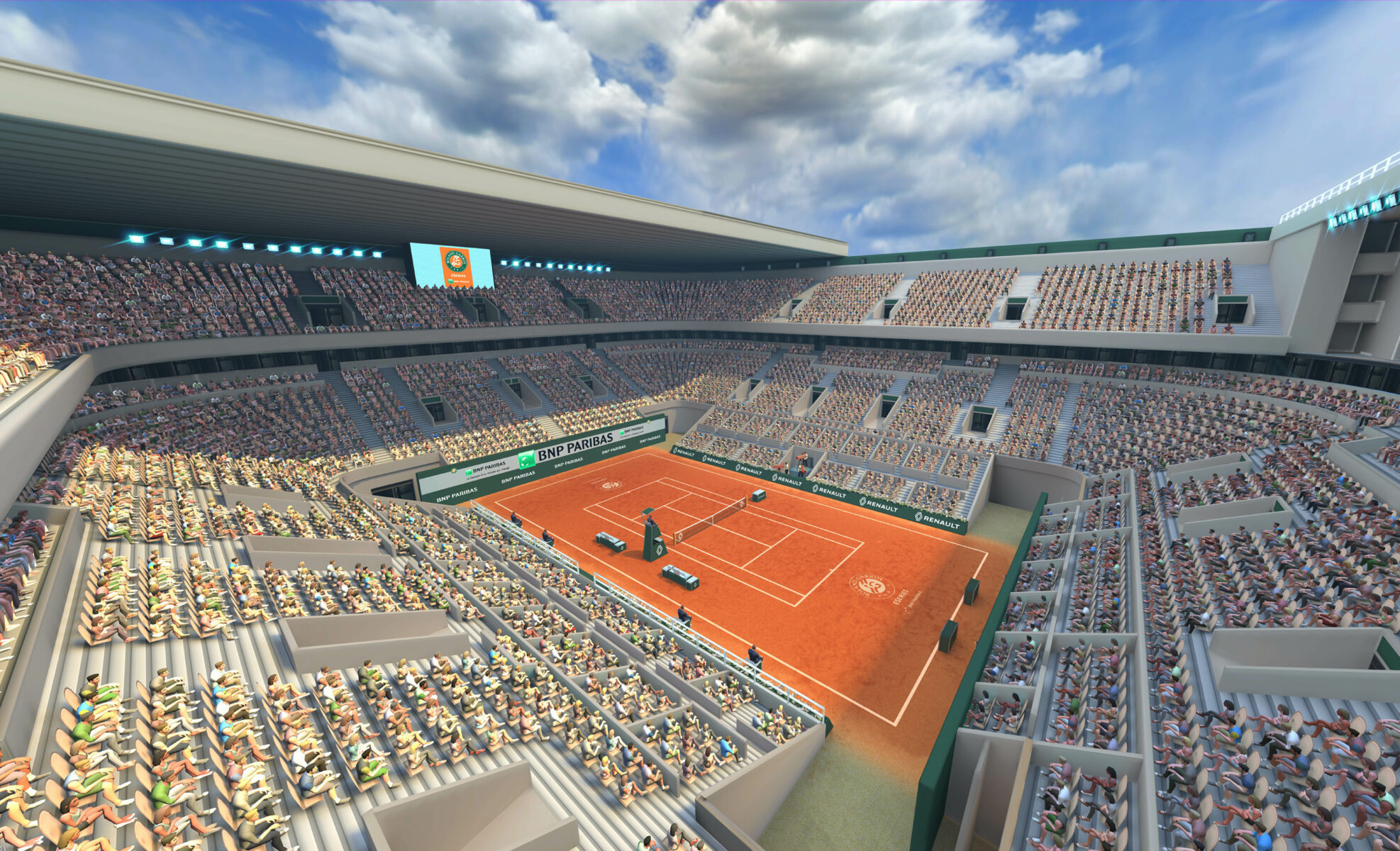
Tech: Esports Revolution
Curious about esports and the future of gaming technology? Or what it's like to be a woman in space? We had all these questions too and turned to Anna Rozwandowicz for answers!
By Glorious
Anna Rozwandowicz, Founder and Co-CEO of The Story Mob, is a respected authority on the intricacies of esports, fan experiences of the future, and gender diversity. We sat down with Anna to discuss her unique insights into the world of competitive video gaming, the mental agility required to succeed, as well as the challenges and opportunities for women in the industry. From emerging technologies to the latest trends and future possibilities in esports and gaming, Anna shares her perspectives on what’s next for this rapidly-evolving industry!

Glorious: What is esports and is it sport technology?
Anna Rozwandowicz: Very simply put, esports is competitive video gaming. There are many different sub-categories and distinctions within esports, but at its core, esports is competitive video games played in an official format. As a general rule, only games with a multiplayer element can be played as an esport – think Mario Kart rather than The Last of Us. It’s a sport that relies much more on mental flexibility than physical capabilities, but it does share a lot of similarities with traditional sports – strategic planning, flawless tactical execution, reaction times, situational awareness, and in most cases, teamwork are all important skills and characteristics of a successful professional gamer.
Glorious: So, what’s it like to be a woman in the esports space?
Anna Rozwandowicz: Gaming and esports in particular are quite male-heavy industries not only when it comes to fan communities, but also at all levels in organisations in the ecosystem. And while the percentage of female esports fans has been steadily rising, the growth in female representation behind-the-scenes hasn’t been as fast. When I joined ESL (an esports organiser and production company) in 2014 as their Head of Communications, I was the only – and first – woman on the global leadership team. Working at my first esports event that same year, I met only one other woman behind the scenes. In so many meetings, I’ve been the only woman at the table. I’ve committed almost two decades in communications to gaming and esports, starting as a junior PR manager at a game publisher, all the way to founding The Story Mob, a strategic communications consultancy focused on gaming culture. I have seen a very similar men to women ratio pretty much everywhere across the gaming industry.
I think that esports faces the same challenges that other male-dominated industries do: fewer women in leadership roles and less female representation in games, on professional teams and on the screen. That said, as an industry we’ve made massive strides to bring more balance to gender diversity in esports, and have seen tremendous efforts from some of the key stakeholders in the industry on that front.
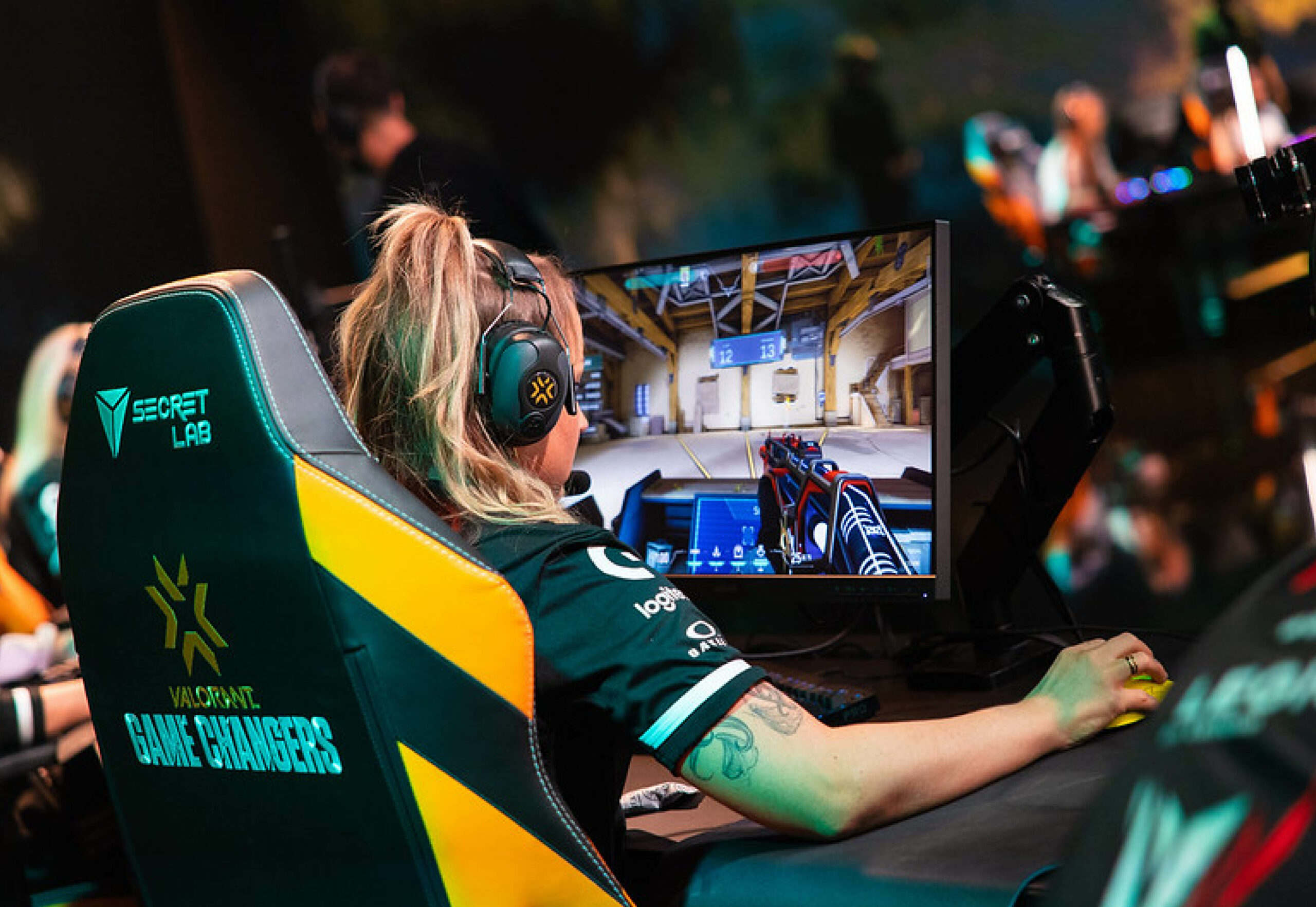
Glorious: Over the last 5 years, what progress has been made in terms of encouraging more women to esports, the challenges women face and what needs to be done?
Anna Rozwandowicz: When you look at the demographics of gamers around the world, you will see a lot of diversity across the board. In esports, historically speaking, we weren’t able to mirror the same level of representation for this demographic. In other words: esports has always been more homogenous than gaming, and the gender breakdown of esports fans and those who go pro, has been overwhelmingly in the favor of men.
That said, we’re definitely moving in the right direction on many fronts: more female representation on the on-air talent crews (the League of Legends EMEA Championship, EMEA’s largest and most successful competitive gaming league, has featured the industry’s first all-female analyst desk segment in September of 2022), women-only tournaments (VALORANT Game Changers) and diversity initiatives that span an entire ecosystem (ESL Impact and AnyKey).
Both Riot Games and ESL, two of the biggest tournament operators in esports, have created women’s-only tournaments that have enjoyed a ton of interest from the fans and have seen really high levels of viewership and community interaction. Guild Esports, a UK-based and David Beckham-backed esports organisation, currently has more female than male games on their rosters. And of course: The Story Mob is female-founded and female-led since our inception 2018, and is one of only 2.2% of female-founded companies that have received VC funding five years ago.
Our hope is that the more women see themselves represented both on the big stages and in the structures behind the scenes that support the development of the industry, the more women will feel inspired to consider a career in esports. You don’t have to be a professional gamer to succeed in the industry, and esports needs the same jobs traditional sports need. The representation we have at the moment definitely isn’t perfect, but it’s so encouraging to see the needle starting to shift while the esports industry is still so young.

accessibility
Glorious: Are there any emerging technologies that could revolutionise the esports & gaming industry in the next few years?
Anna Rozwandowicz: From a fan perspective, VR technology can greatly enhance the viewership experience and enables fans to really get into every match. The British-based company, Virtex, has been leading the way in the development of this tech. Recently, they have unveiled a partnership with a spectating and analysis platform Skybox, to offer both Counter-Strike: Global Offensive and its soon-to-be-released successor, Counter-Strike, to their Virtex Stadium platform. This platform will be the world’s first-ever virtual esports stadium, offering an immense experience for anyone tuning in. The opportunities for a thrilling fan experience in a virtual stadium are endless, and mirror those in traditional sports.
Live event and broadcast technology have made massive developmental leaps in the last five years. Since 2017, when over 60 million unique viewers have tuned in to see a spectacular opening ceremony to the finals of League of Legends World Championship – a broadcast production for which Riot Games have won a Sports Emmy – the company has led the way in global esports events production. A great testament to that is Dublin-based Project Stryker, one of the three global state-of-the-art production facilities, where the crew is able to execute a live broadcast of any event, anywhere in the world.
Accessibility is also a really important factor in esports as hardware continues to evolve allowing for the growth of new competitive formats. In particular, the rapid technological development of mobile devices and mobile connectivity has enabled mobile games such as League of Legends: Wild Rift, Clash of Clans, Arena of Valor, PUBG Mobile and Mobile Legends: Bang Bang to make a massive impact on the esports scene: it has given more players, in more places around the world, an opportunity to participate in competitive esports without having to purchase an expensive PC.
Many professional esports organisations have been using data technology, live data analysis, and AI technology in the training of players. The instantaneous insights the data and machine learning technologies offer to coaches are invaluable. The implementation of such new technologies is much easier in gaming and esports than in traditional sports, because every second of the game data is instantly recorded and analysed for data the team needs, rather than having to manually input everything.

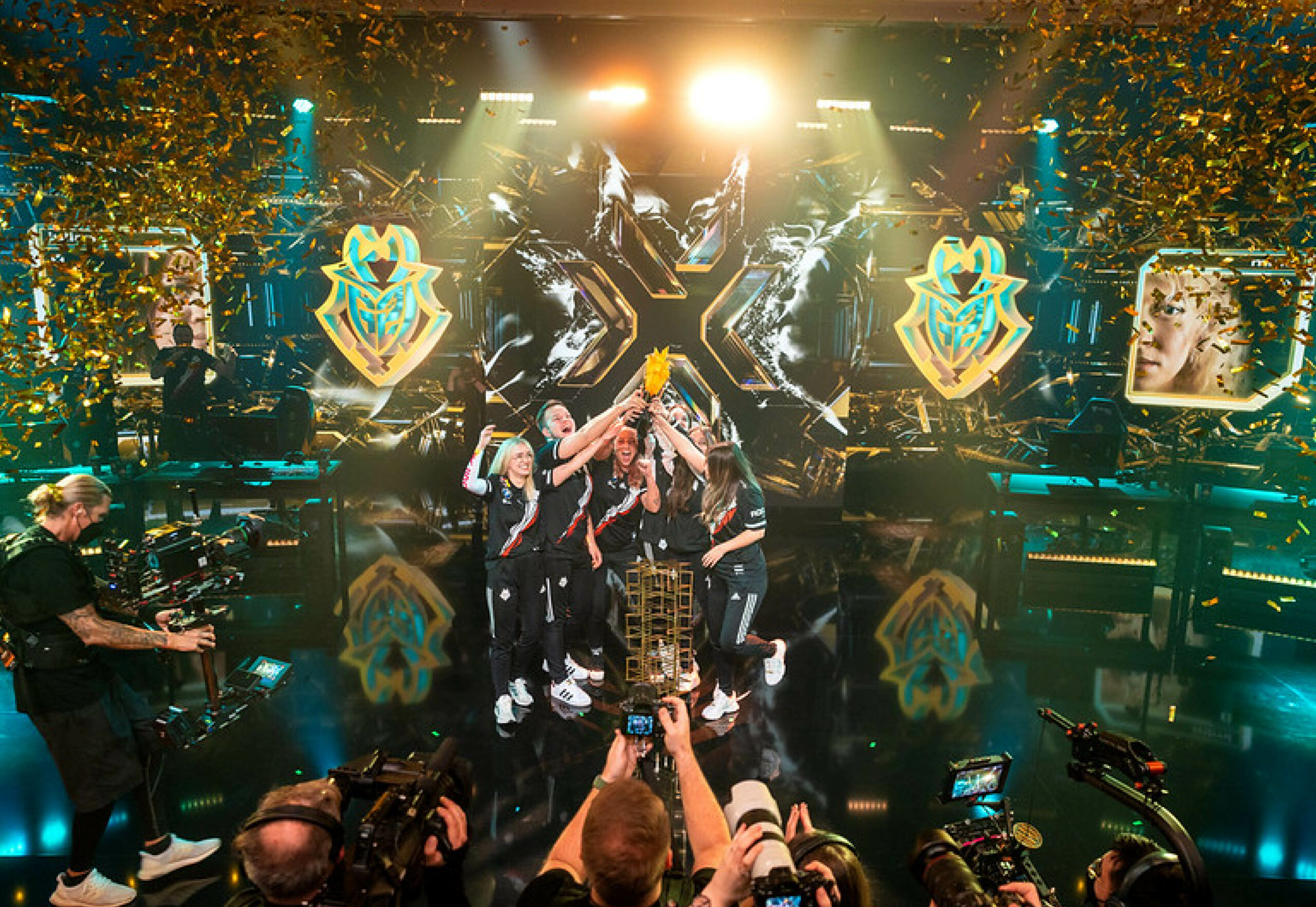
Glorious: What are the specific games, tournaments or genres that appeal more to female gamers (and why)?
Anna Rozwandowicz: Riot Games’ VALORANT, a competitive 5v5 character-based shooter game, has an all-woman tournament called ‘Game Changers’. Game Changers is a program which supplements the competitive season by creating new opportunities and exposure for women within VALORANT esports – helping support them on their path to becoming professional players. Competing in games as a woman can be a daunting task, oftentimes resulting in a very real competitive disadvantage. Creating these safe spaces for women allows them to play at the best of their ability.
The Fédération Française de Tennis’s (FFT) annual esports tournament, Roland-Garros eSeries by BNP Paribas has hundreds of thousands of people participating annually (238,000 last year alone) but is still committed to diversifying its player base. They have continued their collaboration with international charity Women in Games, (an international charity making gaming a better place for women) hosting an exclusive qualifying event for women and providing a one-month remote training program facilitated by Team MCES (a French esport organisation) for the finalist. Preparing them for the Grand Final taking place on 26th May where they will compete against the 7 other qualifiers. It’s encouraging to see an organisation like FFT making gaming accessible to everyone and endorsing higher representation in all stages of its competitive environment.
digital
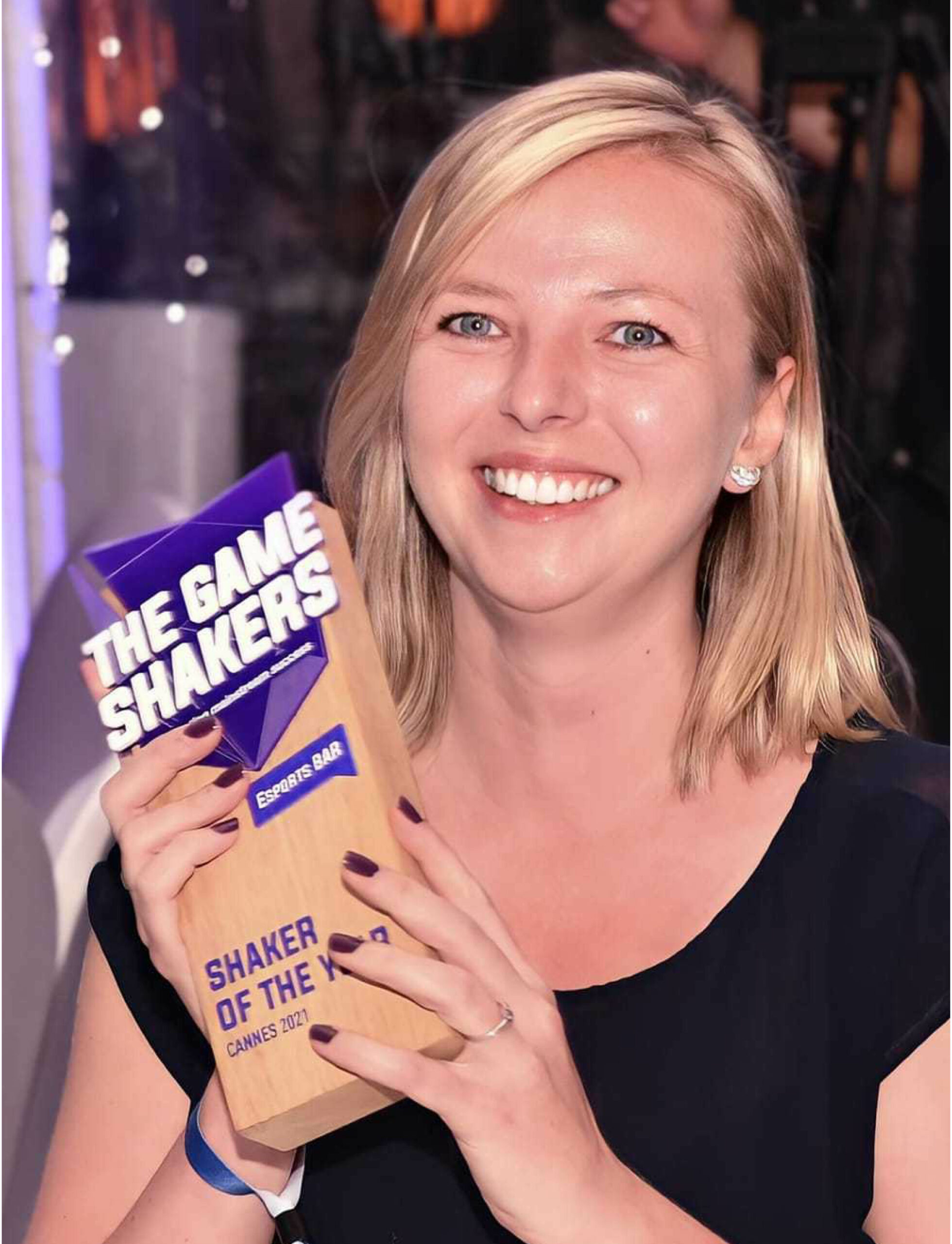
Glorious: Will virtual reality become a mainstream aspect of esports, or do you think it will remain a niche market?
Anna Rozwandowicz: Online spaces and digital connections are native to gaming communities, and a VR offering can make for a thrilling viewing experience. VR is a really exciting development in esports, and we’ve seen attempts to bring some esports events into virtual reality as early as 2015. The pandemic years have definitely fuelled the growth of remote viewing technologies, with the level of viewing experiences and creative ways of engaging an at-home audience rising significantly. With VR generally more available and affordable for everyday use, it’s become more popular to engage in viewing experiences through a VR environment – a great example here is Virtex, a provider of virtual viewing experiences that can create a spectacular viewing experience for fans, putting them straight into the game through their virtual stadium platform.
Glorious: Can women compete on an equal playing field with men in professional esports competitions?
Anna Rozwandowicz: Absolutely. As a sport, esports relies much more heavily on mental and cognitive abilities than physical ones. The disparities you see between men and women sports are practically non-existent and aren’t as much of a factor as they are in football or hockey.
Glorious: Can you recommend any beginner-friendly games or platforms for women who want to start playing esports?
Anna Rozwandowicz: If you’re completely new to competitive gaming, I’d recommend starting with something like Rocket League: it’s free to play, it’s got a very low barrier to entry, a diverse community around the world, and a ridiculously high skill ceiling. It also has “open” tournament options available so if you’re good enough and ladder up, you can participate in an organised competition pretty quickly. There are lots of mobile games that have a competitive scene, including League of Legends: Wild Rift and PUBG Mobile. Mobile games are generally easier to get into than PC games as they require little to no investment in getting started. For something a little more elaborate like League of Legends (also free to play), you’d need a few hours of focus and grit to get through the basics and get the hang of it. Lots of games are easy to learn, but hard to master – which is why it makes watching them being played at the top level such a spectacular experience!
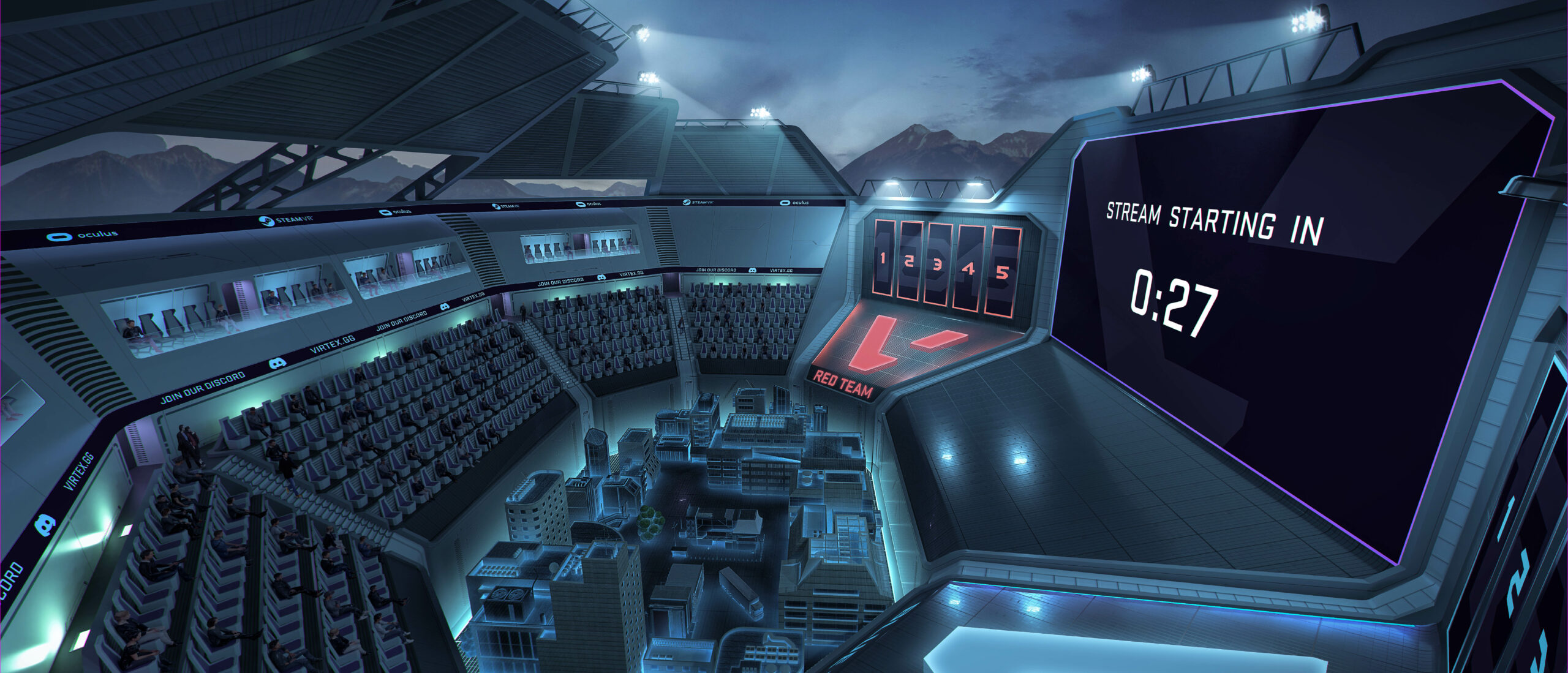
Find out more about The Story Mob
Editorial design this is root
